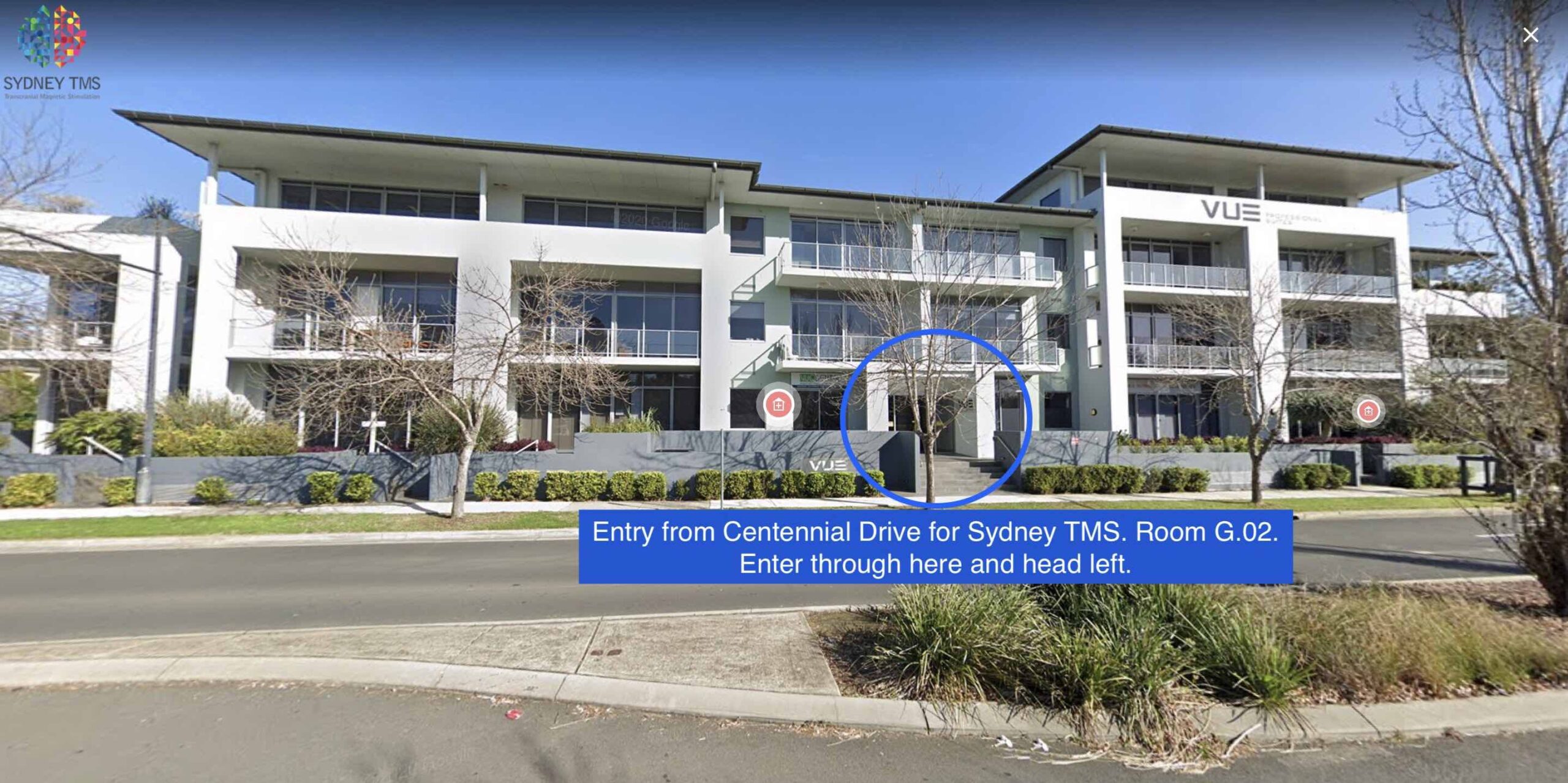By: Linda L. Carpenter, M.D., Philip G. Janicak, M.D., Scott T. Aaronson, M.D., Terrence Boyadjis, M.D., David G. Brock, M.D., Ian A. Cook, M.D., David L. Dunner, M.D., FACPsych, Karl Lanocha, M.D., H. Brent Solvason, Ph.D., M.D., and Mark A. Demitrack, M.D.
Background: Few studies have examined the effectiveness of transcranial mag- netic stimulation (TMS) in real-world clinical practice settings. Methods: Forty- two US-based clinical TMS practice sites treated 307 outpatients with Major Depressive Disorder (MDD), and persistent symptoms despite antidepressant pharmacotherapy. Treatment was based on the labeled procedures of the approved TMS device. Assessments were performed at baseline, week 2, at the point of maximal acute benefit, and at week 6 when the acute course extended beyond 6 weeks. The primary outcome was change in the Clinician Global Impressions-Severity of Illness from baseline to end of acute phase. Secondary outcomes were change in continuous and categorical outcomes on self-report depression scales (9-Item Patient Health Questionnaire [PHQ-9], and Inventory of Depressive Symptoms-Self Report [IDS-SR]).


